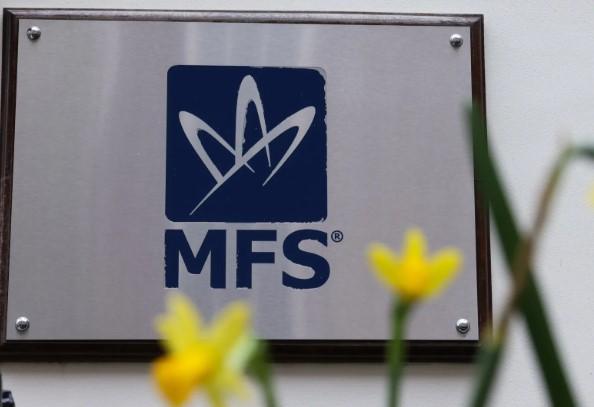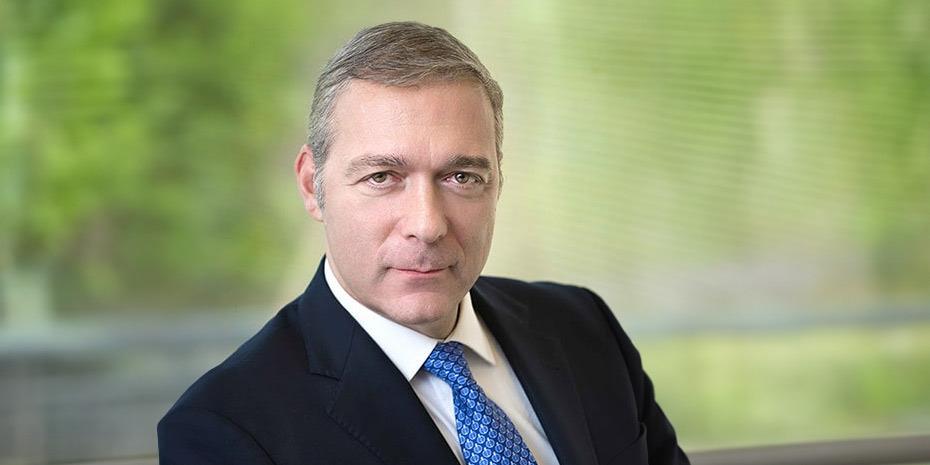Shell is preparing to “relaunch” itself in the Greek energy market. The Dutch group, that had left their activities in Greece in 2018, are returning focusing, this time, on Aegean winds.
According to information, the meetings with Greek companies active in the field of Renewable Energy Sources (RES) have been intensifying lately, seeking collaborations for the development of offshore wind farms, without excluding partnerships for joint development of RES projects or opportunities for acquisitions of licensed mature land projects on the mainland or the islands.
In any case, according to market sources, their interest is focused on offshore windfarms. After all, the international oil giant has long since begun to gradually shift its investment plans to RES, given that it has set a target of zero emissions by 2050. It is no coincidence that in 2020 it agreed to a 15-year partnership with British SSE Renewables and Norwegian Equinor, in order to get a 20% share in the largest wind farm in the world, which is being built in the North Sea, the Dogger Bank of 3.6 GW (gigawatts).
It also agreed a few months ago to acquire a majority stake in a 1 GW floating wind farm in the Celtic Sea off the south coast of Ireland. Shell became active in the offshore wind sector in 2000, joining the consortium that installed the first offshore wind turbine in British waters. Since then, it continues to invest in wind farms and photovoltaic parks, without abandoning the main body of its oil activities.
The same tactics are followed by other oil giants such as Repsol, Total, Equinor, which are “greening” their portfolio, trying to align their interests with the requirements of the Paris Agreement to curb climate change and European Green Deal.
However, Shell’s interest in Greece, it seems, has returned. The multinational, which participated through SHELL GAS B.V. in the share capital of “Natural Gas” (former EPA Attica) and the Gas Distribution Company (EDA) Attica had left the Greek market in 2018, selling its stake (49%) in the two companies, for 150 million euros to DEPA . It was preceded in 2010 by the sale to Motor Oil of its activities in the fuel trade as well as its gas stations. However, it has once again appeared, as one of the claimants of DEPA Commerce, while lately it has been casting lines for the development of marine wind farms in the Aegean.
And it is not the only company that shows investment interest in offshore wind farms. Since last March, TERNA Energy announced a partnership with Ocean Winds, which is a joint venture of the Portuguese EDP Renewables and the French ENGIE, for the joint development of floating wind farms in Greek waters, with a capacity of more than 1.5 GW in decade depth.
Many foreign groups such as Equinor, Danish Copenhagen Offshore Partners, Spanish Iberdrola, Ideol, Innogy and the American Principal Power, Quantum and BlueFloat are also “flirting” with the Aegean winds. But also domestic “players” are ready for war, such as PPC Renewables, the Kopelouzos group, Mytilineos (which is in advanced discussions with a large foreign group in the industry), Motor Oil, ELPE, ENTEKA, etc.
The interest of foreign companies to ply the Greek seas has been expressed to the government energy staff through officials of other countries that have passed the threshold of the Ministry of Environment and Energy (RIS), such as the American, German and Norwegian ambassadors, the ambassador China, and just last week the Belgian Deputy Prime Minister.
After all, the high cost of investment is constantly decreasing, with the consulting company Navigant predicting that the weighted cost of energy from floating wind in the Aegean will be 76 euros / MWh in 2030 and will decrease to 46 euros / MWh in 2050. The same study made on behalf of the EU, estimates the available marine potential for floating wind turbines in our country at 263 GW.
However, in order for the specific investments to proceed, the RIS will have to complete the regulatory framework, which, according to its executives, is not expected to be ready before the coming autumn.
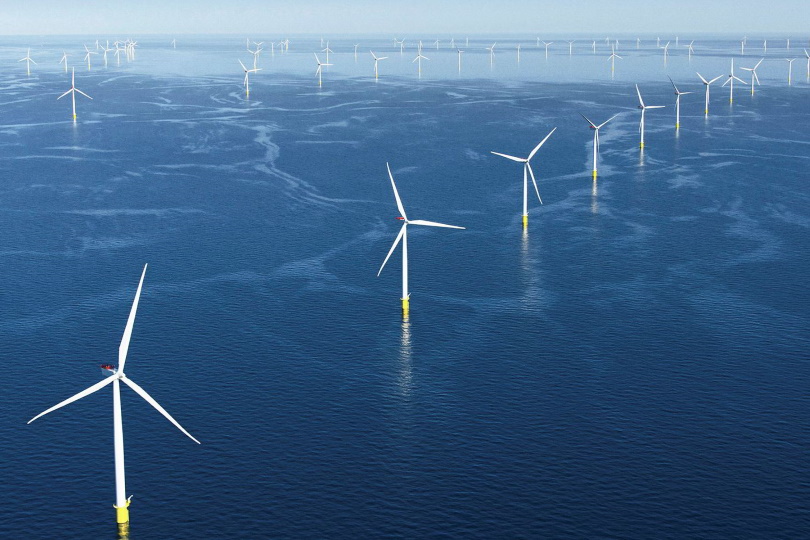

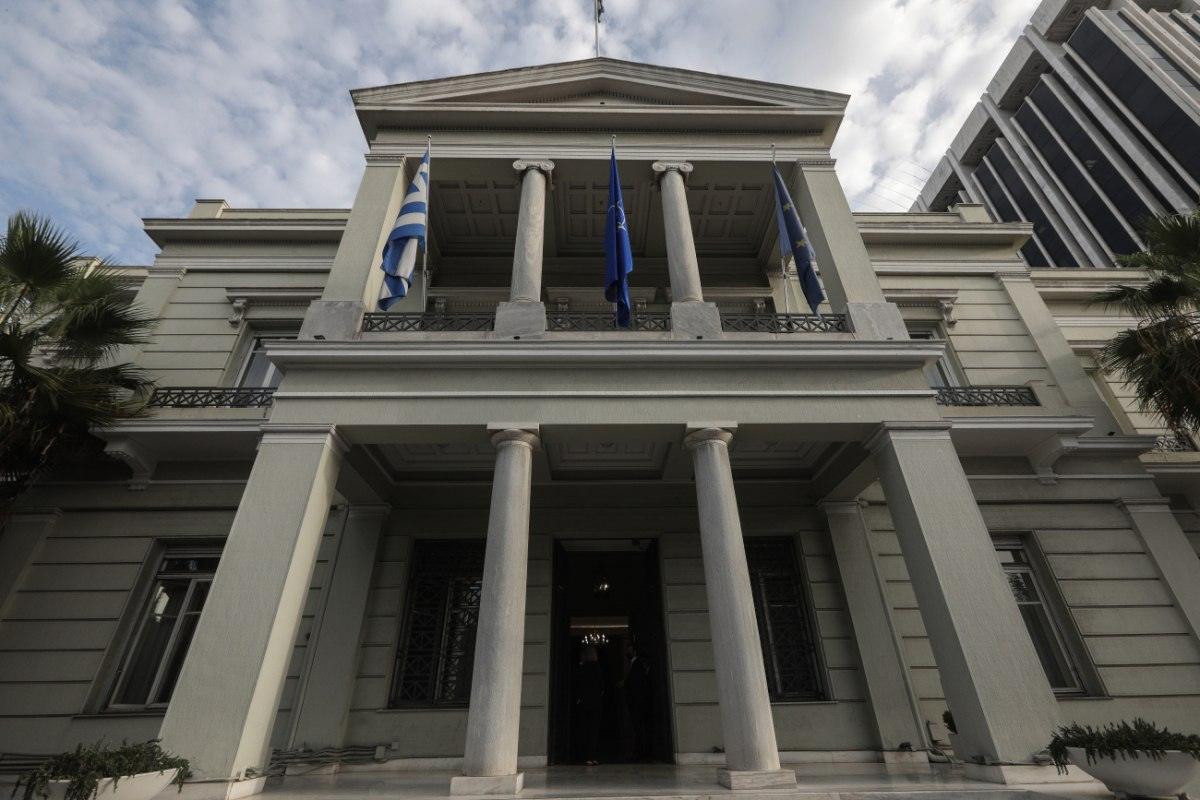
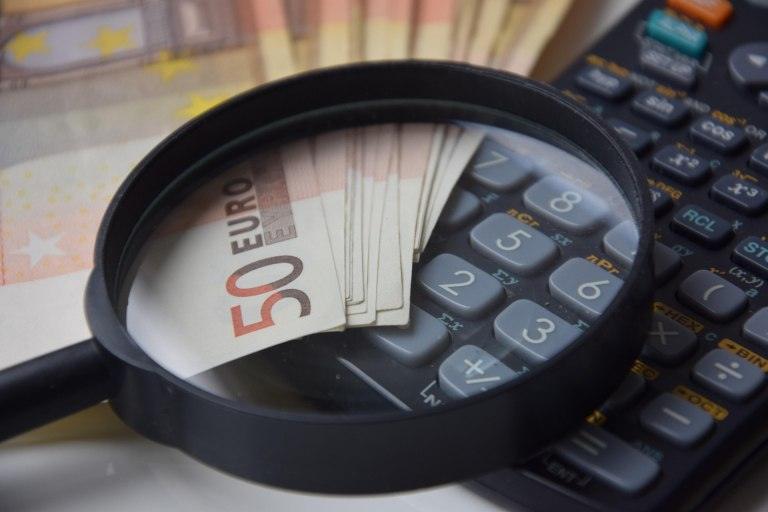


![Ρωσία: Αυξάνει τις επιθέσεις με drones [γράφημα]](https://www.ot.gr/wp-content/uploads/2026/02/UKRAINE-DRONE-ATTACK-300x300.jpg)





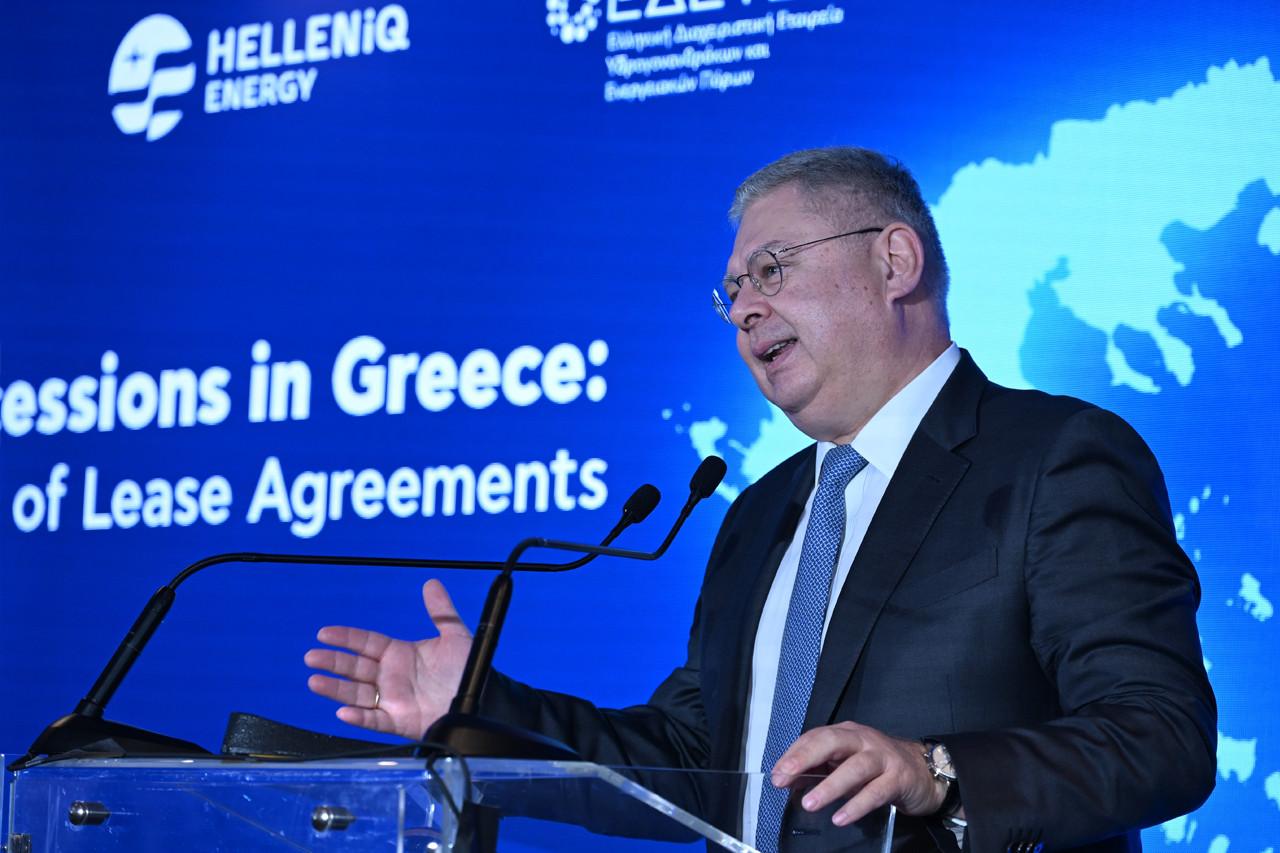














![Ρωσία: Αυξάνει τις επιθέσεις με drones [γράφημα]](https://www.ot.gr/wp-content/uploads/2026/02/UKRAINE-DRONE-ATTACK.jpg)







